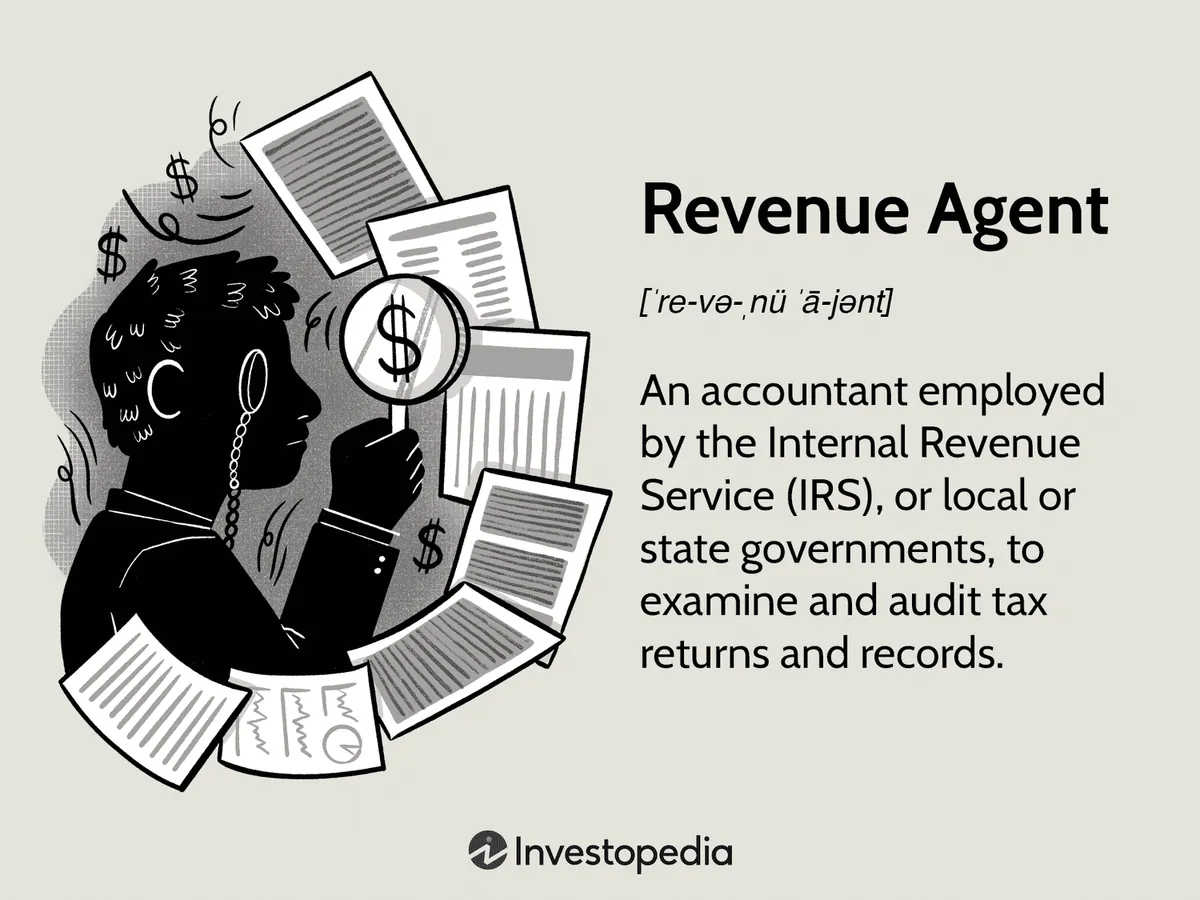IRS Recovers $263 Million in Major Tax Evasion Case, Rewards Whistleblowers
The IRS has successfully recovered $263 million from a single individual in a significant tax evasion case. Three whistleblowers were awarded $74 million for their role in exposing the scheme, highlighting the effectiveness of the IRS whistleblower program.

The Internal Revenue Service (IRS) has successfully concluded one of its largest whistleblower cases, recovering $263 million from a single individual involved in a long-standing tax evasion scheme. This significant recovery marks the end of over a decade of tax evasion and demonstrates the effectiveness of the IRS whistleblower program.
Three informants who provided crucial information to the IRS will share a reward of $74 million, representing nearly one-third of the government's proceeds. This substantial payout is the maximum allowed by law and underscores the importance of whistleblowers in combating tax fraud.
The case highlights the potential of the IRS whistleblower program, which was established in 2006 to address the tax gap – the difference between taxes owed and taxes paid. Currently, this gap is estimated to be around $600 billion annually, emphasizing the need for effective enforcement measures.

Margaret Finerty, an attorney representing one of the whistleblowers, emphasized the significance of the informants' contributions, stating that the recovery "truly reflects the importance of the information and assistance provided to the government by the whistleblowers."
The tax evasion scheme uncovered in this case spanned approximately 15 years, involving multiple tax returns. Jordan Thomas, another attorney involved in the case, noted that engaging in transactions to hide or withhold tax obligations is illegal in the United States.
While this case represents a major victory for the IRS, it's worth noting that the agency has faced challenges in recent years. The IRS budget has decreased by about 20% in real terms since 2010, impacting its ability to pursue complex cases. However, the Inflation Reduction Act of 2022 has allocated additional funding to the agency, allowing for the hiring of more enforcement agents.
"The program really is functioning. It's not what it was maybe five years ago, when everyone thought the lights were going out."
The resolution of this case demonstrates the potential of the whistleblower program, especially as the IRS implements ongoing reforms and policy changes. The IRS Whistleblower Office has awarded over $1 billion since its inception, playing a crucial role in identifying and prosecuting tax evasion cases.
It's important to note that while this recovery is significant, it falls short of the largest collection in the program's history. In 2009, Swiss bank UBS paid $780 million in a case where the whistleblower received a $104 million payout but also served a prison sentence for their involvement in the fraud.
The IRS processes over 240 million tax returns annually and employs more than 75,000 people. Despite these resources, the agency audits less than 1% of all individual tax returns, highlighting the importance of whistleblower information in identifying high-value cases of tax evasion.
As the IRS continues to strengthen its enforcement capabilities and streamline its whistleblower program, cases like this serve as a reminder of the ongoing battle against tax evasion and the critical role that informed citizens play in maintaining the integrity of the tax system.


































